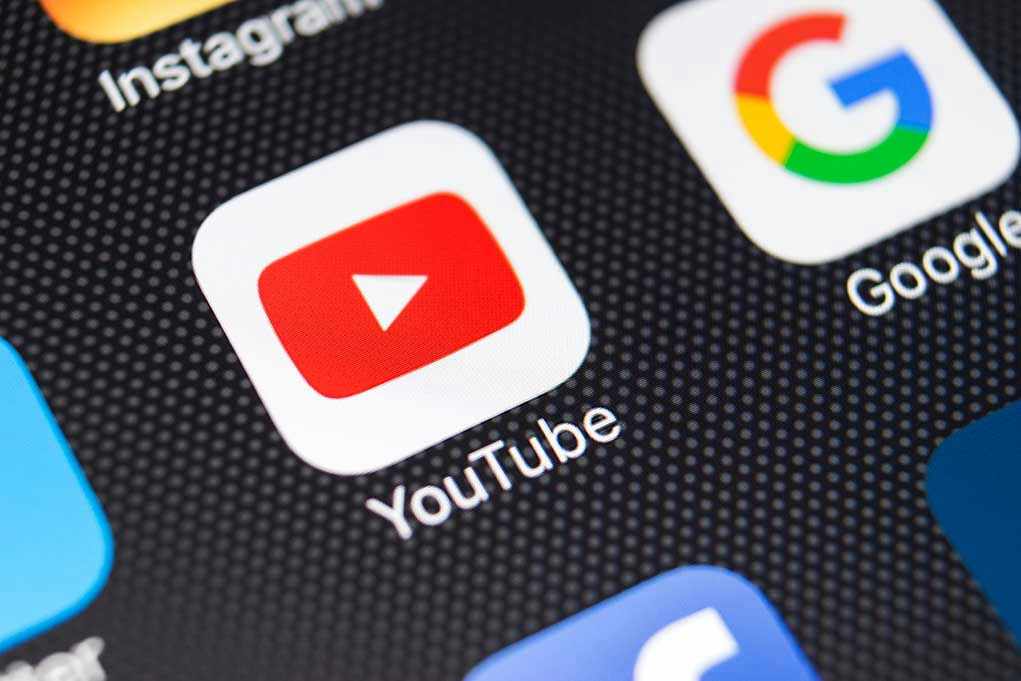
Gatorade’s “Let Her Cook” campaign, dreamed up to celebrate women athletes, has instead ignited a firestorm of backlash and become the latest example of tone-deaf marketing that leaves Americans shaking their heads at what passes for “progress” these days.
At a Glance
- Gatorade’s attempt to empower women athletes with “Let Her Cook” backfired due to the slogan’s double meaning.
- The campaign, launched for the 2025 WNBA All-Star weekend, was quickly mocked and criticized online as sexist.
- Major digital ads and a YouTube spot disappeared amid the backlash, but Gatorade and the WNBA have yet to apologize or pull the campaign entirely.
- The controversy overshadowed Gatorade’s new women’s hydration science initiative, turning what should’ve been a celebration into a marketing case study on what not to do.
“Let Her Cook” Campaign Backfires, Hits Nerve with Fans
Gatorade, a brand that’s been around since before most WNBA fans were even born, rolled out its “Let Her Cook” campaign in July 2025 to coincide with All-Star weekend festivities in Indianapolis. The idea, according to Gatorade’s marketing team, was to spotlight the skills of women athletes and promote their new hydration science initiatives for female players. They tapped rapper GloRilla for a signature anthem, plastered billboards and digital ads with the slogan, and leaned hard into internet lingo to catch the eyes of a younger generation. But just like so many marketing “geniuses” before them, they didn’t bother to stop and think if the message made sense—or if it might trigger the exact opposite of what they intended.
The slogan “Let Her Cook,” a play on the Gen Z phrase “let him cook” (meaning let someone shine), landed with a thud. Instead of empowering, it dredged up the age-old stereotype that a woman’s place is in the kitchen—not exactly the message you want when you’re supposedly celebrating female athletes. Within hours, social media lit up with jokes, memes, and pointed criticisms. Fans accused Gatorade of being out of touch or worse, while the company’s expensive ad campaign turned into a punchline faster than you can say “Bud Light fiasco.”
Online Mockery, Media Firestorm, and Vanishing Ads
The campaign’s rollout proved just how quickly a slogan can go from trendy to cringeworthy. Fans and commentators across the spectrum pounced on the double entendre, with some wondering aloud if anyone in Gatorade’s boardroom has ever actually talked to a woman athlete—or a conservative, for that matter. High-profile WNBA players, like reigning MVP A’ja Wilson, tried to defend the brand’s intent, insisting it was about “celebrating everything we’ve worked for.” But the damage was done.
Within days, the official campaign video vanished from YouTube, and some digital ads started disappearing from major sites. Still, Gatorade and the WNBA doubled down, refusing to apologize or admit any real misstep. Instead, they relied on social media influencers and a handful of athletes to try and spin the narrative back in their favor. The result? More memes, more mockery, and even less patience from everyday Americans who are sick of corporate virtue signaling and tone-deaf “woke” marketing ploys.
Marketing Missteps and the Lessons No One Learns
For those keeping track at home, this isn’t the first time a major brand has fumbled its way into controversy by trying to ride the wave of internet culture. Remember Bud Light’s disastrous campaign? Or Gillette’s infamous “toxic masculinity” ads? This is what happens when billion-dollar companies hire consultants and activists instead of listening to the people who actually buy their products.
Gatorade’s blunder isn’t just a marketing oops—it’s a lesson in what happens when you put slogans and hashtags above real substance. The company’s well-meaning hydration initiative for women’s sports is now completely overshadowed by the backlash. The WNBA, desperate for attention and respect, finds itself the butt of jokes instead of the center of celebration. And the rest of us? We get another reminder that common sense is in short supply at the highest levels of American business and culture.
Culture Wars, Double Standards, and the Cost of Ignoring Common Sense
This whole debacle exposes the double standards and cultural blind spots that are now routine in corporate America. If a conservative brand had launched a campaign with a slogan that could be spun as sexist, you can bet every news outlet would be running wall-to-wall coverage and demanding firings. But when a company like Gatorade, with its progressive marketing team and activist partners, stumbles, the response is muted, and the spin machine goes into overdrive.
For Americans who are tired of being talked down to, tired of seeing values twisted and mocked in the name of “progress,” and tired of watching big brands pander to every social fad, this is just another insult. The “Let Her Cook” campaign should be a warning to every business: stop trying to impress the activists and start listening to the people who actually keep your lights on. Maybe then, we’ll get ads—and a culture—that make sense again.
Sources:




